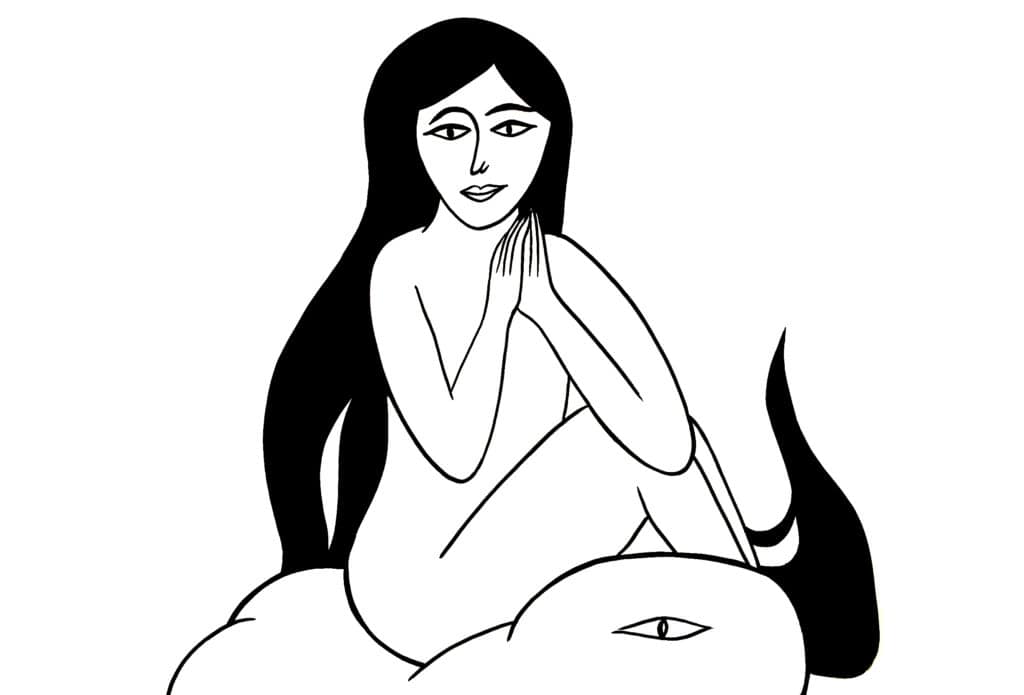Silent Spaces
Silent Spaces

Sometimes I forget how important silence is. I was reminded of how powerful it is, recently through the movie Sound of Metal which I saw over the weekend.
I won’t summarize the whole movie (watch it and read about it online!), but what amazed me most about it was the call to silence. After losing his hearing from playing in his metal band, Ruben suddenly has to cope with his life as he knew it ending. And, standing in utter silence.
He can’t let go of his life as a touring musician; his reaction is angry, and at times violent. He destroys his mixers, his gear, and also lashes out at those who love him. It’s heartbreaking to watch.
This got me thinking: What would I do if I could suddenly no longer do what I love? How would I see my value? Like Ruben, it would be really hard for me to let go of my life in the way I knew it before.
Ruben had loved his life as a touring musician. Music was his life, and it gave him power and in his eyes, status. So, when he loses his hearing, his sense of self-worth plummets. Which raises a really important question: What happens when we lose the things that we tie our worth to?
I can’t answer that question for you, but my own reaction is this: I realize that I am all sorts of wound up in what I do in the world as my value. And that’s not, in my opinion, a real good thing.
When our jobs or things in our lives that we love are stripped away, we are left, like Ruben, with the silence in ourselves. No more power. No more status. Just a body and a soul, moving through the breeze. And that is the space that Ruben, literally and metaphorically, must learn to live in.
Ruben’s deaf mentor calls the space of stillness one’s “Inner God.” The space of silence, of seeing and being with oneself, is all that we have left when our world falls away.
The divine space is always there for us, but we tend to fill it with activities, commitments, and distractions. The silence is continually erased.
Cultivating the silent and inner divine connection is, perhaps, one of the most important things in our lives. And something that often gets the least attention. So how do we get back to this? Here are some things that come to mind:
– Slow down. Be in your body. Notice how you feel in your body throughout the day. Thank your body. Give thanks for what you have.
– Spend time every day doing nothing. Even if it’s fifteen minutes. Look at the wall. Sit with your dog or cat. Hang out with your plants. Doing nothing is actually not doing nothing: it is practiced being. And being is, in essence, allowing your soul to exist without demands or expectations.
– Meditate in a way that makes sense for you.
– Journal. Journaling allows you to actually write down and visibly see, on a page, what you think and feel. Once you can see something, you can understand how it’s part of you. And knowing what’s you can help you see what’s not you.
– Adding to the above: What’s not you is often other people’s expectations of you, ideas or perceptions about yourself that aren’t true, and even what you create or belong to. Because what you create is not you in the sense that you are not a quantifiable object (which capitalism would like us to believe). You are your spirit. That’s it. And it’s beautiful.
Life is full of chaos and suffering. But the silent space can never be destroyed; even when it’s filled with sorrow. The silent space is the place where you and all that you feel has sanctity. So give it room in your life.